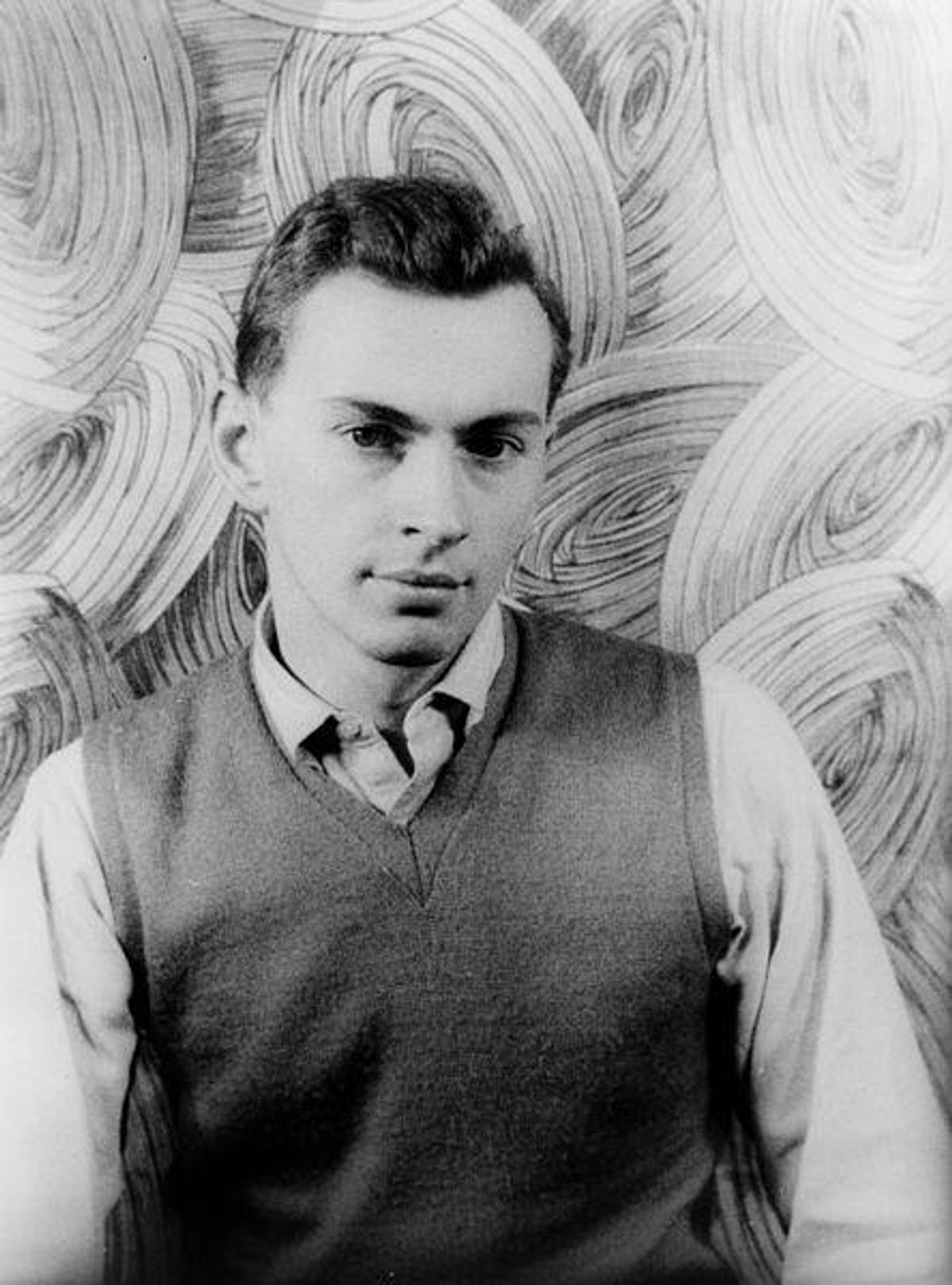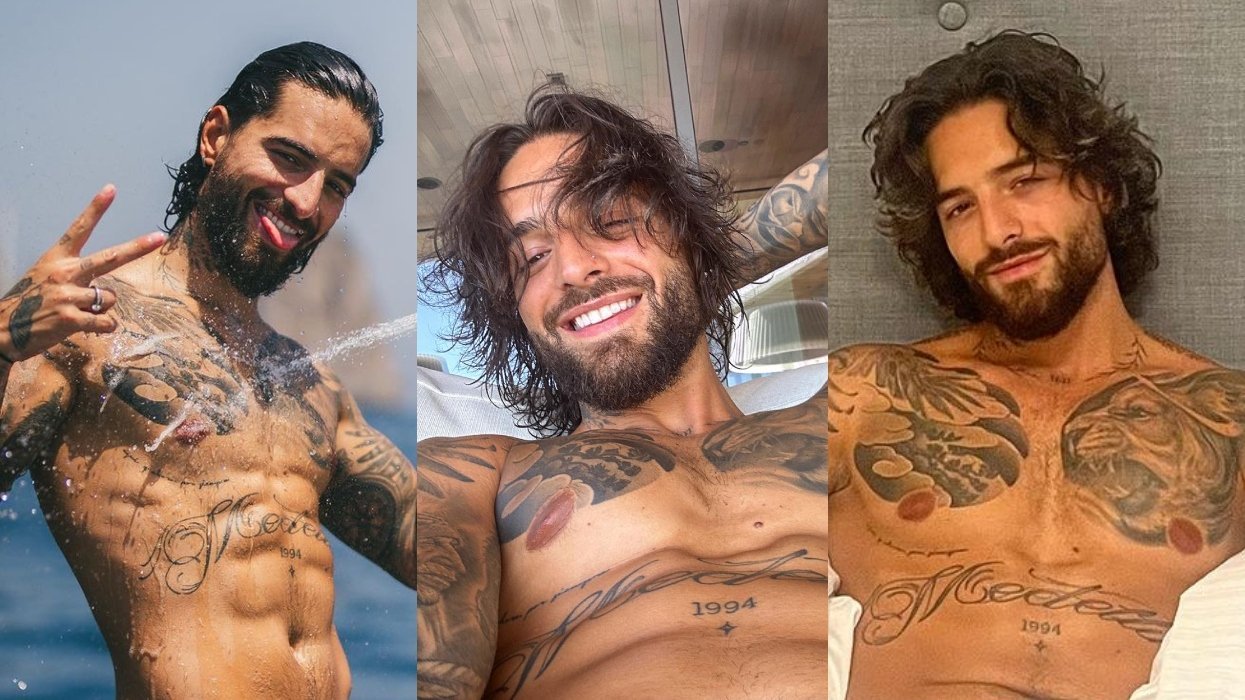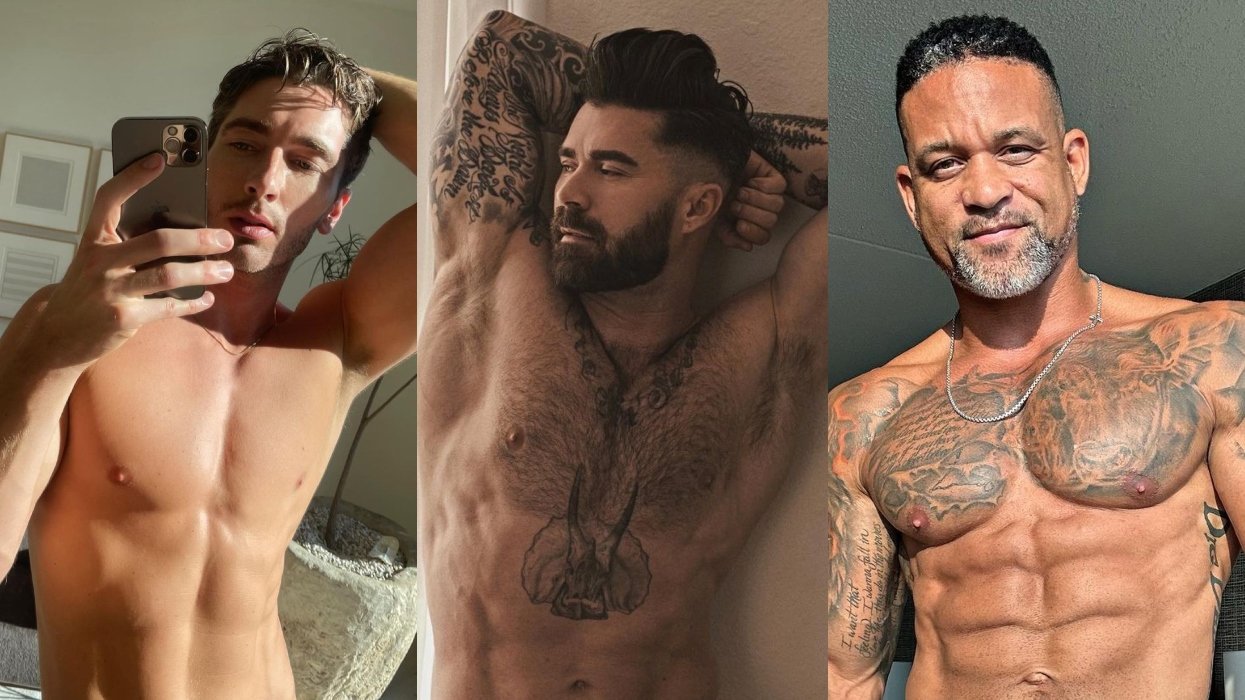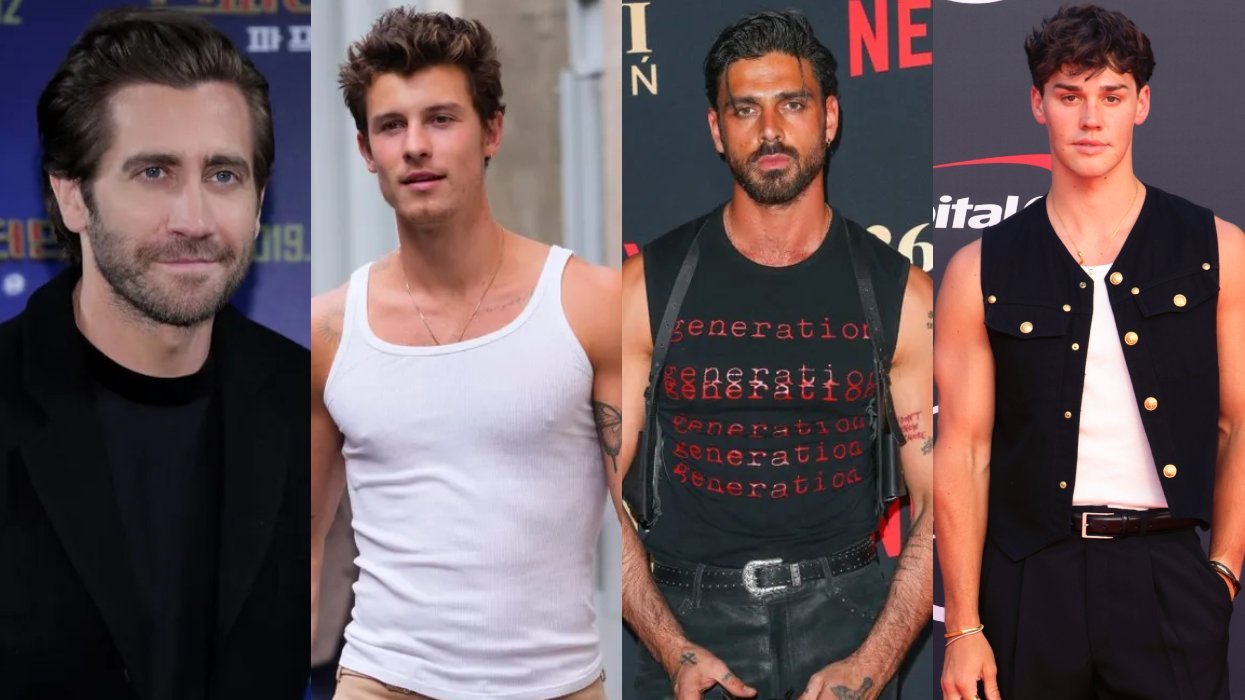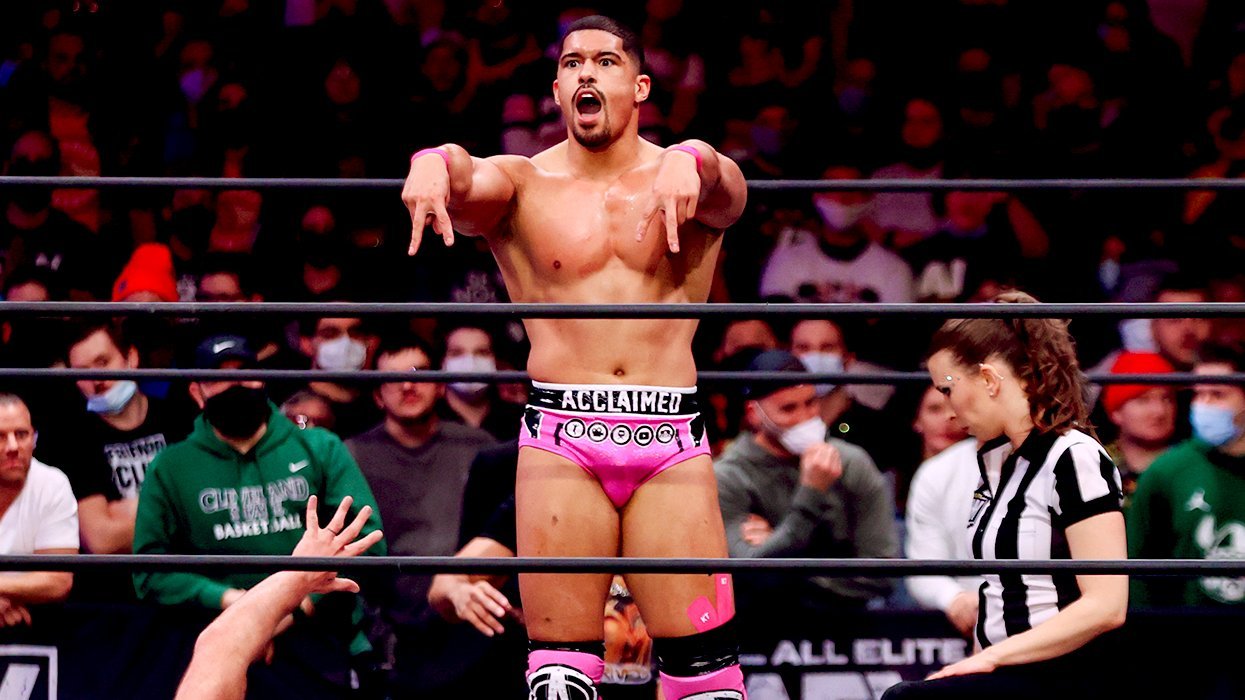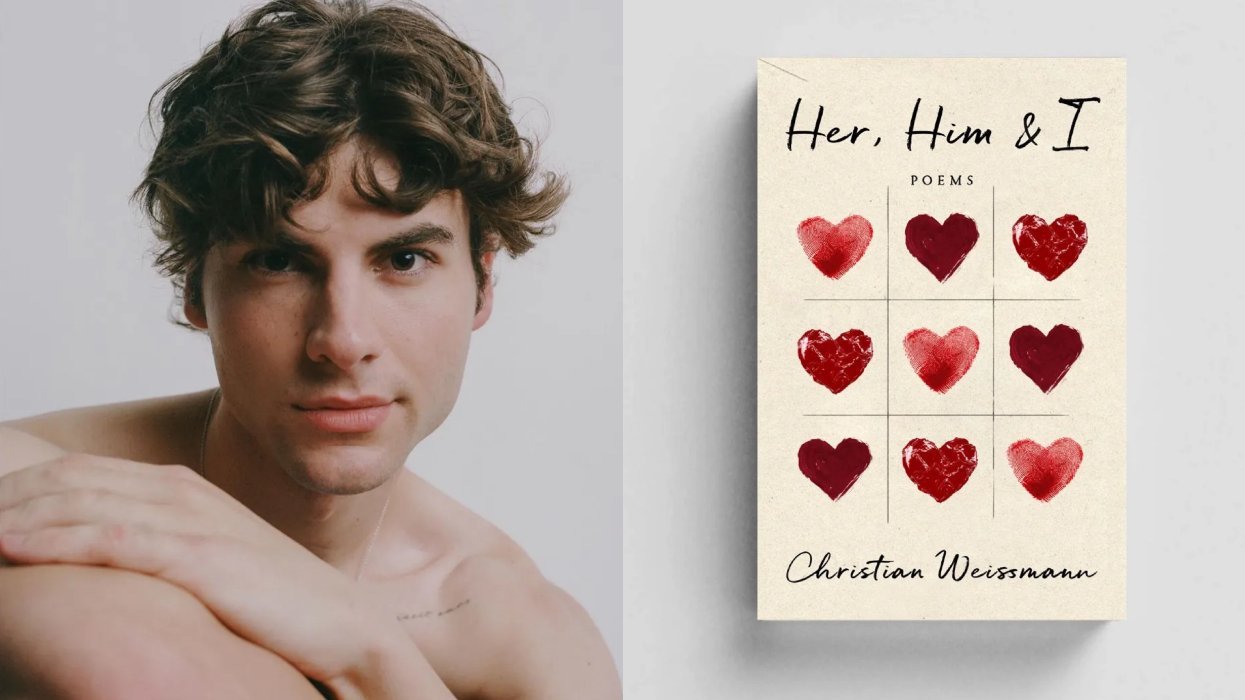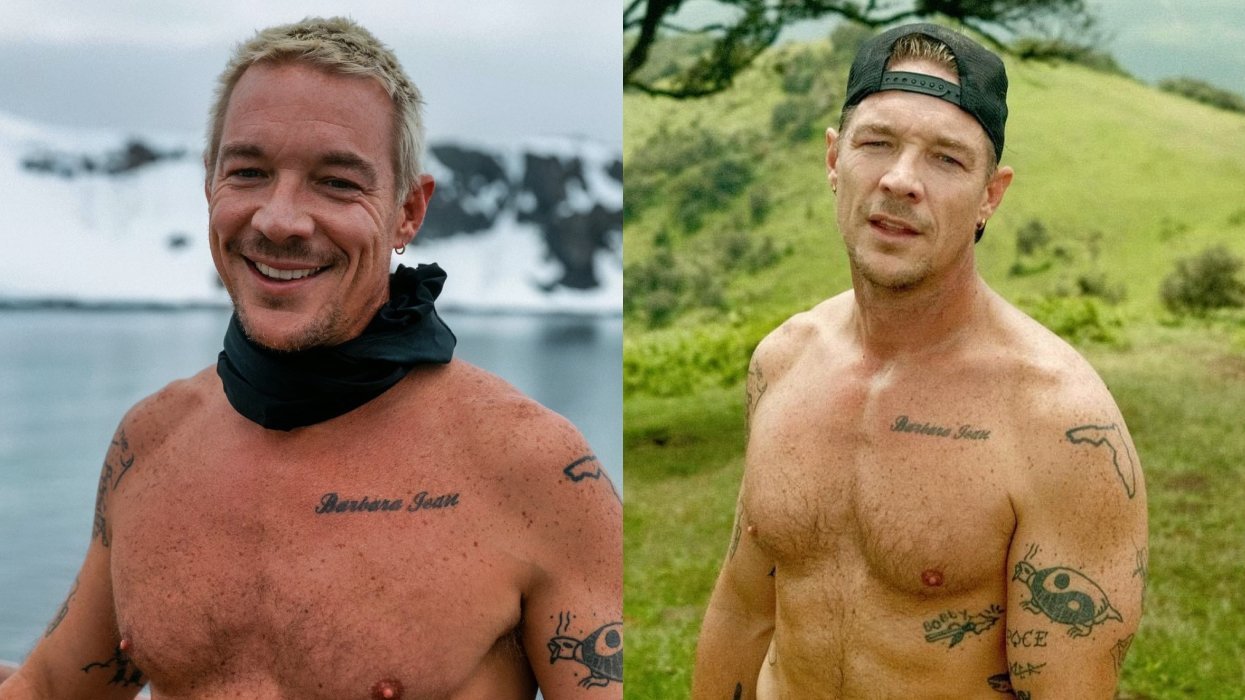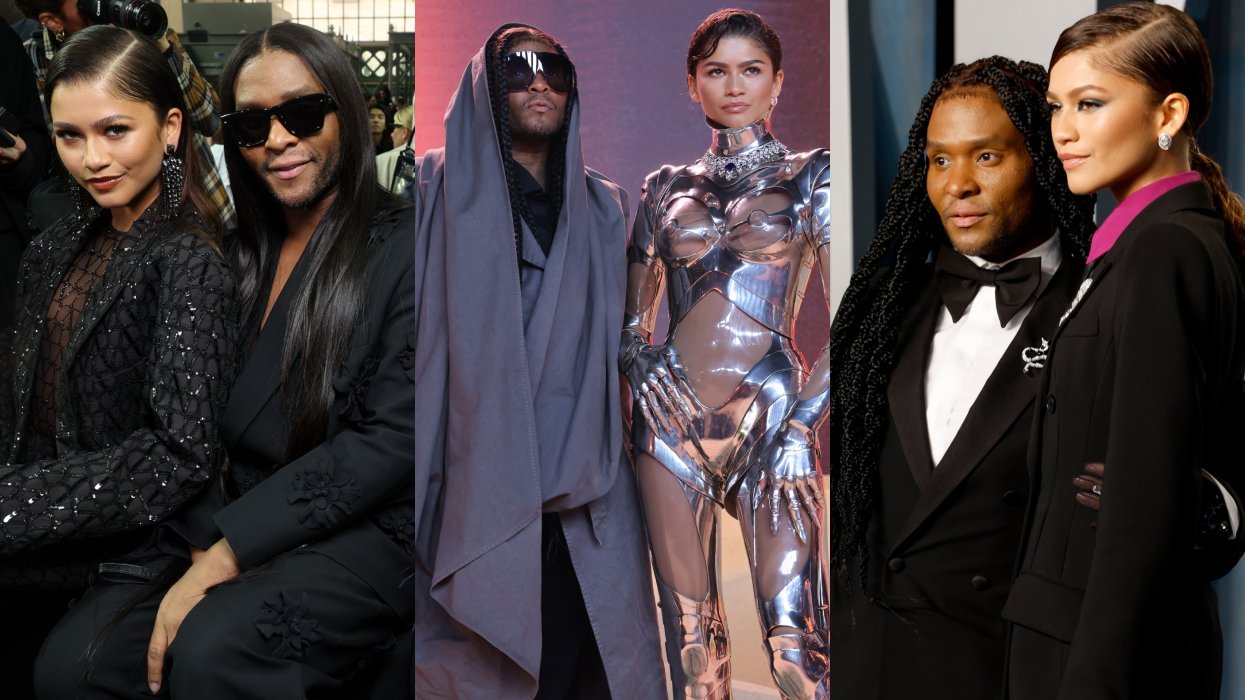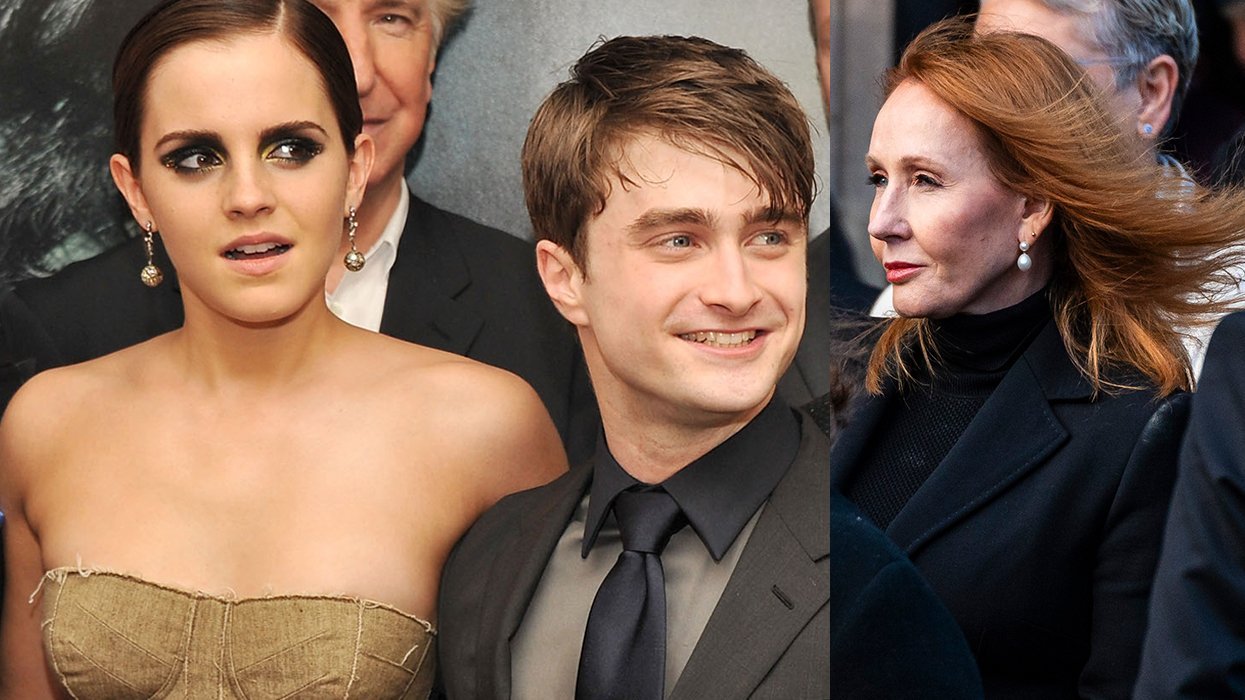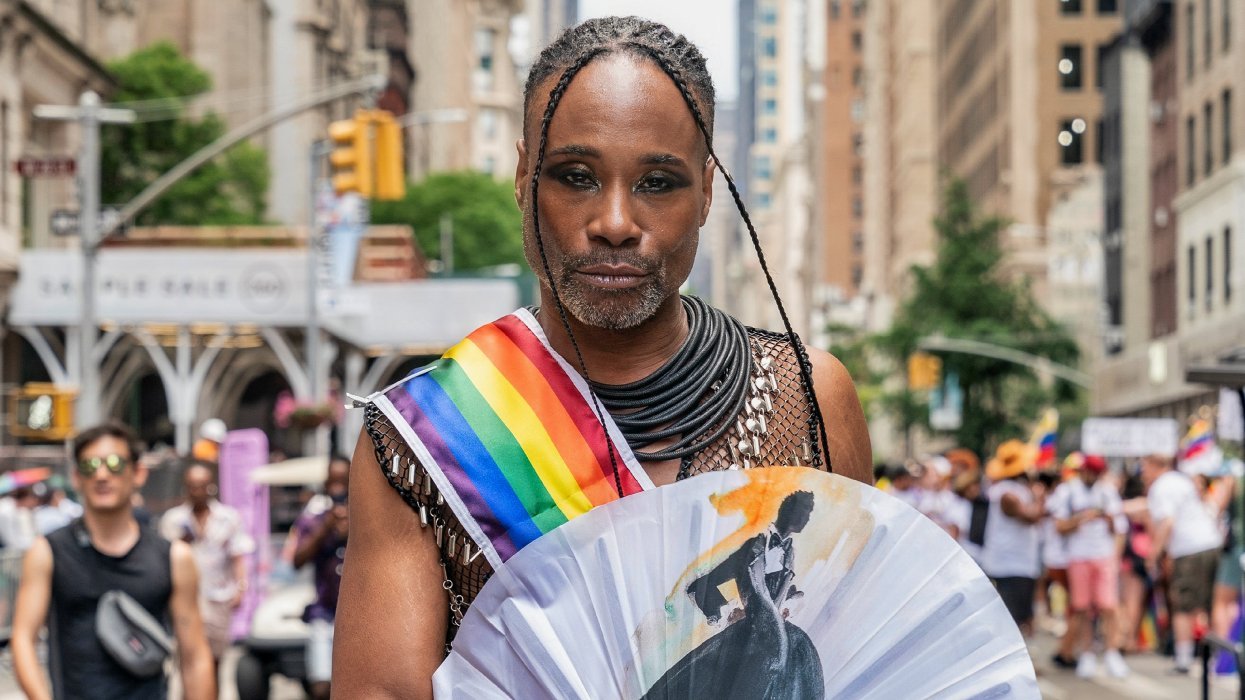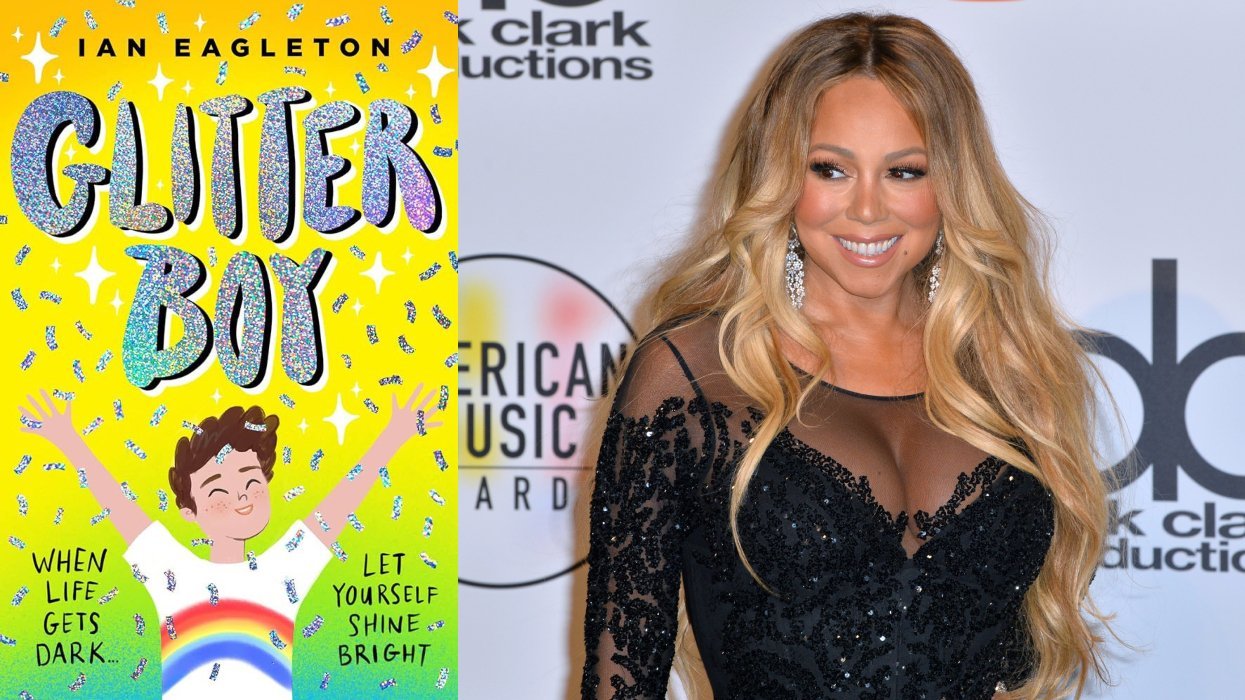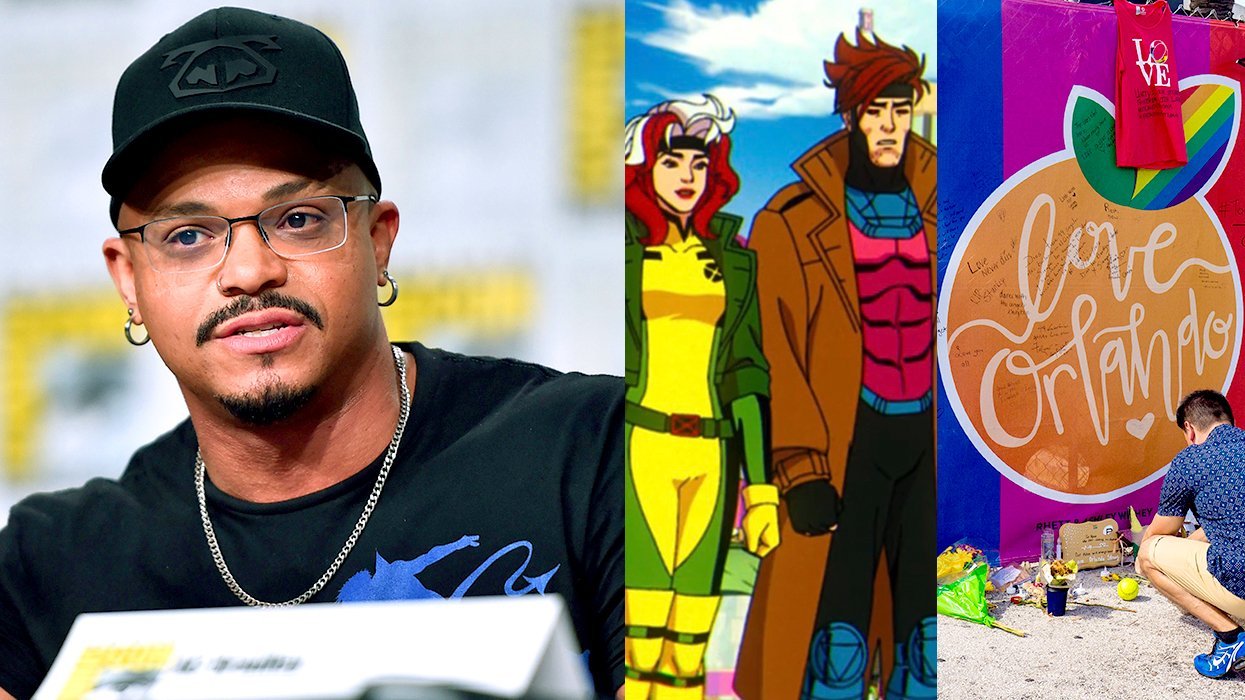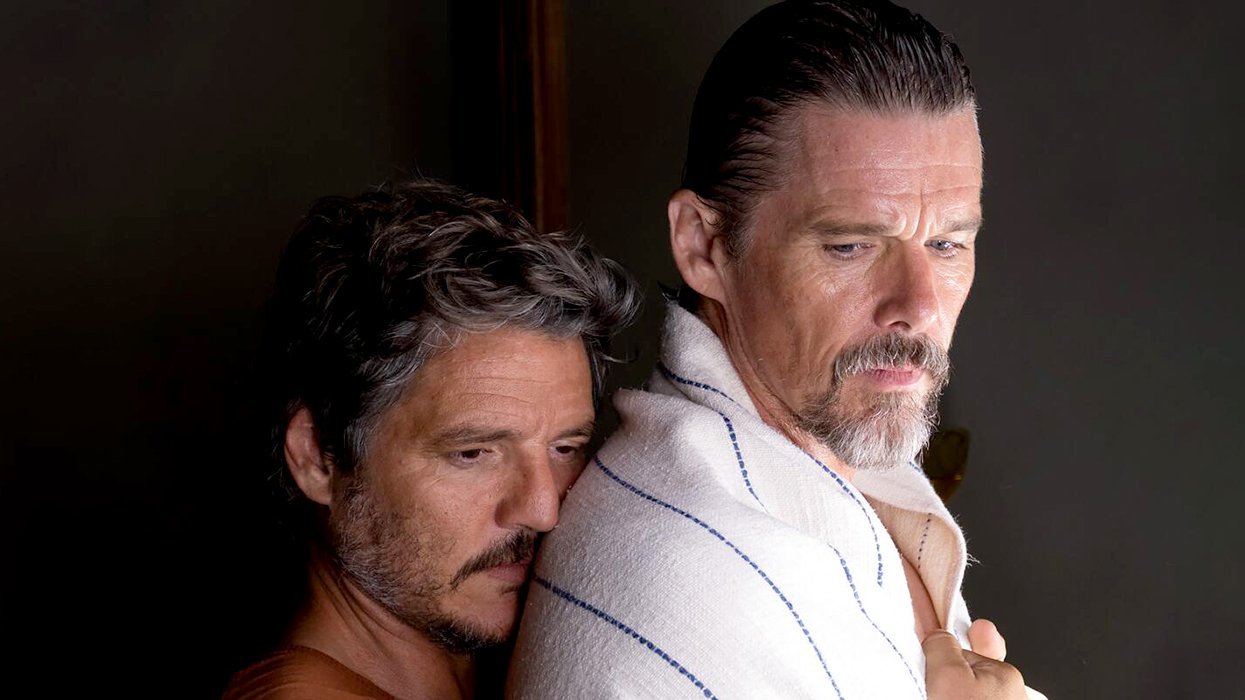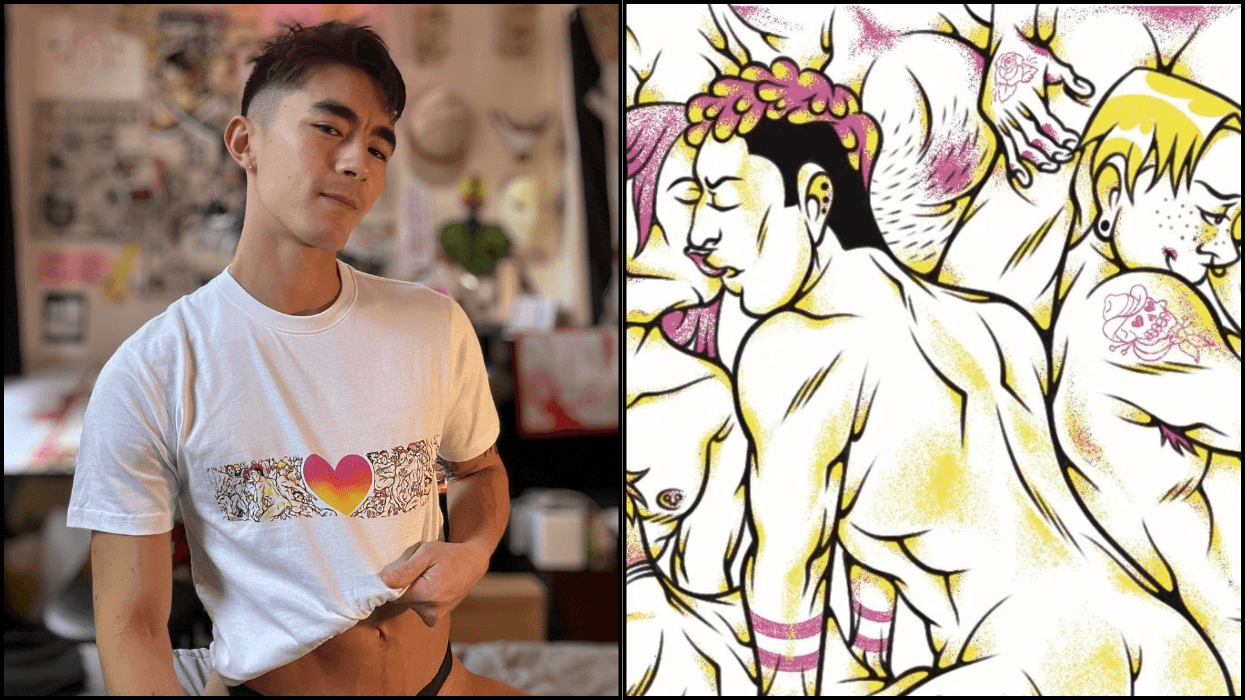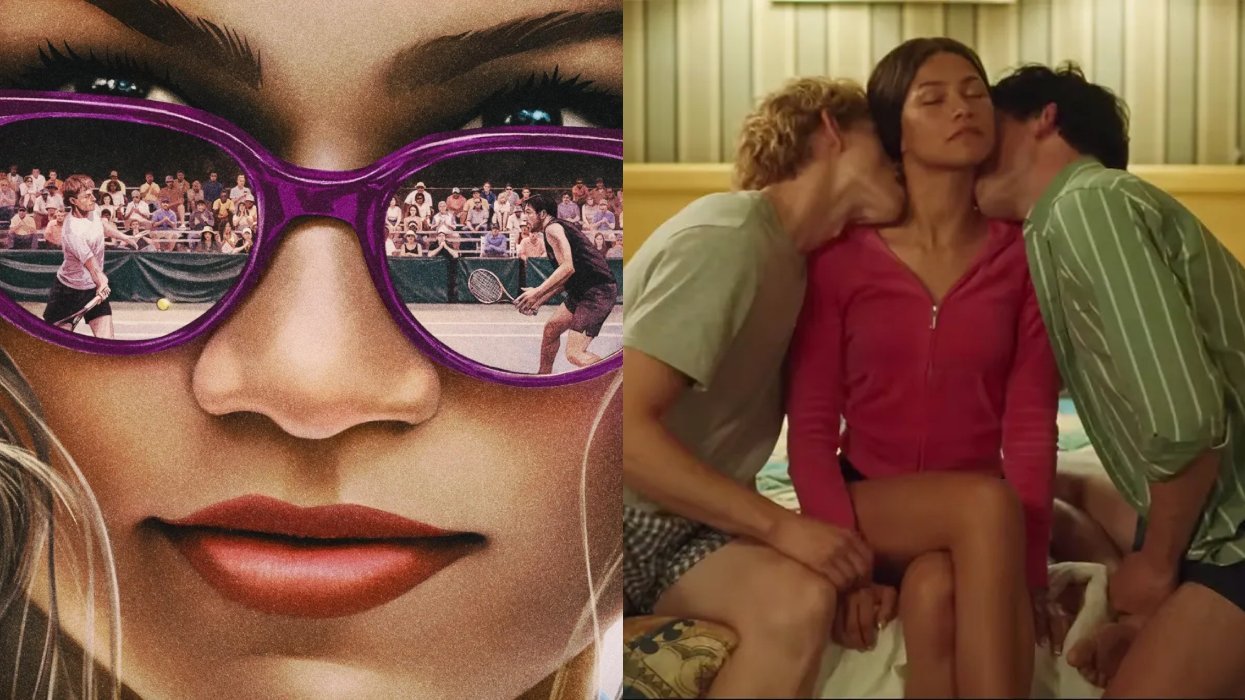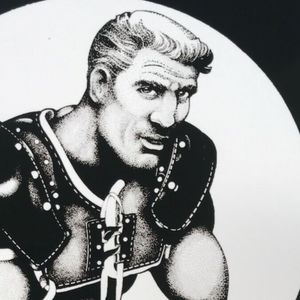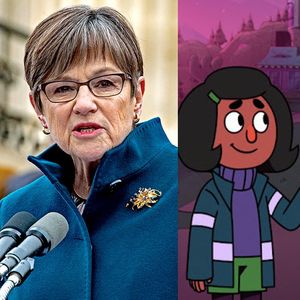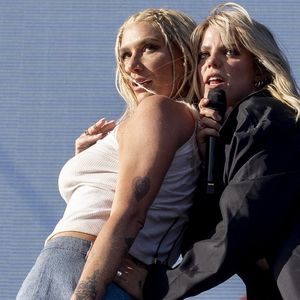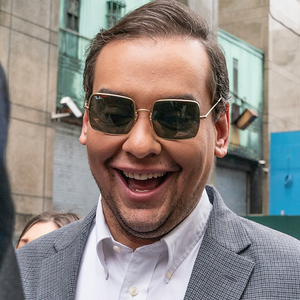In 2006, Michael Musto interviewed Gore for Out, and he explained: "I'm not a quiet little writer waiting to be recognized, all tremulous. I'm most pugnacious." He never seemed to hedge, that's for sure.
The prolific man of letters published 25 novels, two memoirs, and several essays and pamphlets, along with his plays, TV dramas, and screenplays. Oh, and he ran for political office and was an articulate critic of American foreign policy.
Since his death in 2012 at the age of 86, we've seen a Gore Vidal revival. Biographies that detail his sex life (he claimed in his memoir Palimpsest that, by the time he was 25, he already had more than 1,000 sexual encounters with both men and women) and ponderings about his cultural relevance and impact have popped up. It seems like the time is ripe for a renaissance of "Vidalism," and the new documentary, Gore Vidal: United States of Amnesia, may help educate an entirely new generation about the 20th century's pre-eminent public intellectual--who always refused to identify as gay, although he was a proud lover of men.
Directed by Nicholas Wrathall, the film features the final on-camera interviews with the iconic man, including surprising late-life moments with Mikhail Gorbachev and Christopher Hitchens, as well as archival footage rarely seen archival footage featuring Norman Mailer, William F. Buckley, Dick Cavett, and Jerry Brown. Since it would be impossible to create a viewable omnibus that encompasses Vidal's professional life that spanned 50 years, the film limits its focus to Vidal's political career and debates an provides an essential .
"Gore's a different generation, he's more of our parents' generation, but I hope the movie inspires people to go back and rediscover his work," Wrathall explains. "I tried to make the film in a contemporary way that people could relate--including people in their twenties--and not think it's a boring movie about an old man."
We caught up with Wrathall to ask about the seven years he spent documenting the man--following him from his home in Ravello, Italy, to Los Angeles, New York, and Havana--as well as visiting Vidal's planned grave before his death. Wrathall shared insights into the moments Vidal never forgave him for during the filming process, as well as some off-camera secrets--like the fact that Gore Vidal always proclaimed he was a macho top.
An EXCLUSIVE clip from Gore Vidal: The United States of Amnesia:
On why Gore Vidal was ready to cooperate on a documentary about his life:
Somehow he was ready. I think he's always been ready to go on camera. He loved going on TV and doing interviews. Even when I was following him, he was popping out to do a radio interview or something. I was lucky to have a personal introduction to him by his nephew, Burr Steers, who is a good friend of mine. One of the first things I did was go out to Ravello and film that scene of him leaving his house. He didn't know me at all, but he did see me as a friend of Burr's, so that helped.
On why he spent seven years documenting the man:
I never knew it would be this much time [laughs]. What first motivated me was his outspokenness after 9/11. I was living in New York and, after the towers came down, it seemed to be a blur of slow-motion flag waving and bellicose drumbeating in the media. To have someone like Gore cut through that and say, 'We need to investigate; we don't know who's responsible for this' was important. Then he wrote those pamphlets, 'Dreaming War' and 'Blood for Oil,' which were popping up in airport bookstores. I read all of those. I knew a lot about him before, but then I started reading his essays and other work. I realized, This is someone who is not going to be around forever, and he's an important voice in American culture that needs to be heard.
On being intimidated by his thorny character:
Yeah, I was constantly intimidated. The first time I went out there, I got really prepared and had a lot of questions. In Ravello, he was in a sort of melancholic mood. Later, when he was doing book tours, he was really spiky. Later, when I went to his house, I was really on eggshells. You know, he didn't suffer fools. I just had to be prepared and be a good listener. There was no way I could keep up with him. But he also had a softer side, where he did like speaking to and telling stories and educating people and speaking to a younger generation.
But he was tricky and there were times I got in trouble. When I did the interview with him and Gorbachev, for example. It was fascinating to see the sort of mutual respect and admiration there that they had for each other. But there was a point when there was kind of a lull, and I guess Gore was thinking about asking something, and I shot in a question to Gorbachev and he was really angry about it. I heard about it later--mostly through Burr--that he would never forgive me for that because I interrupted his time with Gorbachev. He was really upset. He never let me forget it. But he did let me continue.
On the conflict between Christopher Hitchens and Gore Vidal, who were both dying:
With the Hitchens interview, he was really at pains to sort of ask me why Gore wasn't responding to him. He kept circling back to his personal relationship with Gore. I couldn't really answer him, but later I asked Gore why he didn't respond to Hitchens and he said, "Why would I?" He just saw it as petty and something he would have engaged in as a younger man, but he didn't want to give any air to Hitchens at this point. But being at that book party, that scene really played out right in front of me. Gore almost snubbed him, didn't sign the book, had already dismissed him as a friend. He had already seen him as a traitor to the cause.
On the surprise of finding out Gore was roommates with Paul Newman:
They shared a house together and Gore pretty much introduced Joanne [Woodward] to Paul. They shared a house when they were both struggling in Hollywood at the time. That was something that I really regret because when I first met Gore, Paul Newman was still alive and I would have interviewed him. They were lifelong friends. I think it's something that people don't know about Gore: the people he knew throughout his life are astounding.
On never quite being at odds with the gay movement and feeling out of time with marriage equality:
I think he felt that was a fight he fought at a different point in his life. He had written The City and the Pillar, and he had been outspoken at the time. He'd never been in the closet. He had a lifelong relationship with Howard, which was a sort of marriage in its own way. He has been criticized for not being at the forefront in the fight against AIDS and now, more recently, in the marriage equality situation. But I think he had let go of it a little bit and didn't want to be pigeonholed--although it was a big part of his life--but I think marriage was something he didn't have a lot of fondness for. His parents' marriage had been a disaster. I asked him about marriage equality and he said: "Why shouldn't everyone share in the misery of marriage."
On talking to a man in his eighties about sex and sexuality:
I did talk to him about it. But he wouldn't talk much about it on-camera. Off-camera he would joke about affairs he had. And he'd always say he was a "top." He had a lot of machismo and considered himself a real "man's man" and would always say he was a top. So he would talk about those things after he had a few drinks--and he liked to drink. On-camera, he wouldn't. He had his agenda and his public persona and he would talk about things he wanted to talk about. At the time I knew him, that wasn't one of them so much.
Gore Vidal: United States of Amnesia is currently playing in New York and opens in L.A. June 6. Watch the trailer for the film below:
